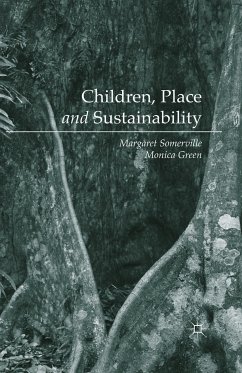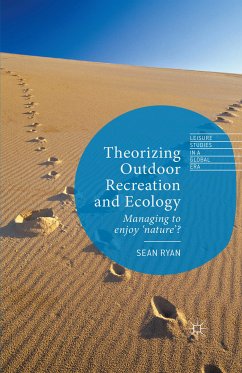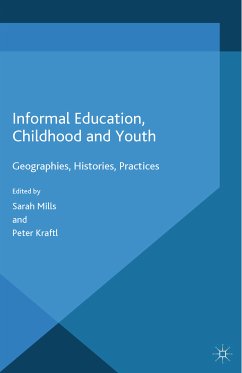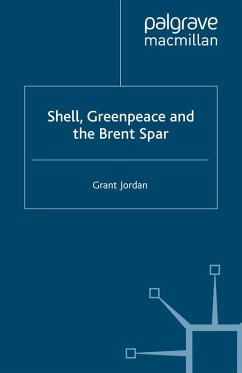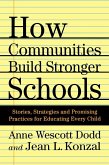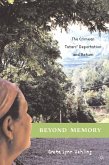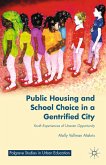Through focusing on children's sustainability learning this book examines how school education can address the current environmental problems. It explores children's responses in literacy and language, arts-based approaches, and indigenous studies as well as scientific pedagogies to provide a unique insight into how children learn.
Dieser Download kann aus rechtlichen Gründen nur mit Rechnungsadresse in A, B, BG, CY, CZ, D, DK, EW, E, FIN, F, GR, HR, H, IRL, I, LT, L, LR, M, NL, PL, P, R, S, SLO, SK ausgeliefert werden.
"Children, Place and Sustainability is accessible and should be required reading for early childhood and primary educators. This book is valuable for many in the education field, including sustainability educators and students of education. It is a heartening read during a crucial time when we need our younger generations growing up with caring attitudes to place and nature, and with a perspective for sustainability." (Peter Crowcroft, Australian Journal of Environmental Education, Vol. 33 (2), July, 2017)
"The book makes a significant contribution to the topic of sustainability education and will be useful for sustainability science and environmental education scholars as well as for practitioners of outdoor learning, environmental education, and anyone interested in the contribution that education can make within the epoch of the Anthropocene. Each chapter provides not only insights into the unique context within Australian schools and environmental learning organisations but also standalone guides for implementing sustainability education programmes within schools and communities." (Ria Dunkley, Children's Geographies, Vol. 15 (4), 2017)
"The book makes a significant contribution to the topic of sustainability education and will be useful for sustainability science and environmental education scholars as well as for practitioners of outdoor learning, environmental education, and anyone interested in the contribution that education can make within the epoch of the Anthropocene. Each chapter provides not only insights into the unique context within Australian schools and environmental learning organisations but also standalone guides for implementing sustainability education programmes within schools and communities." (Ria Dunkley, Children's Geographies, Vol. 15 (4), 2017)

